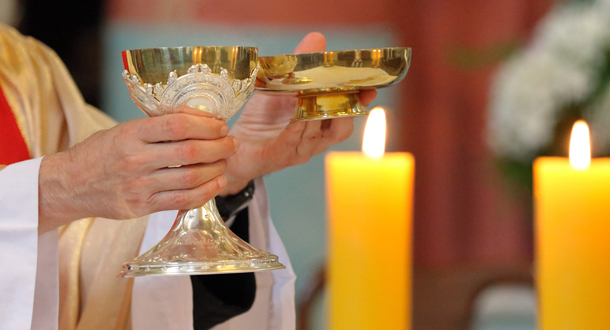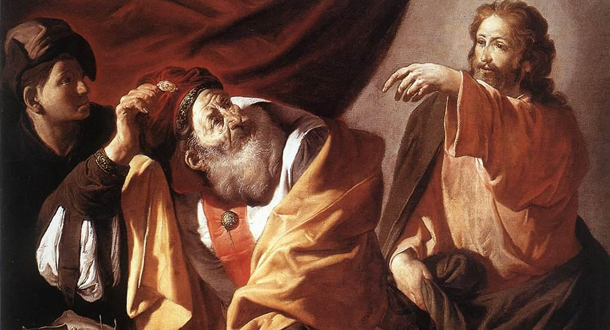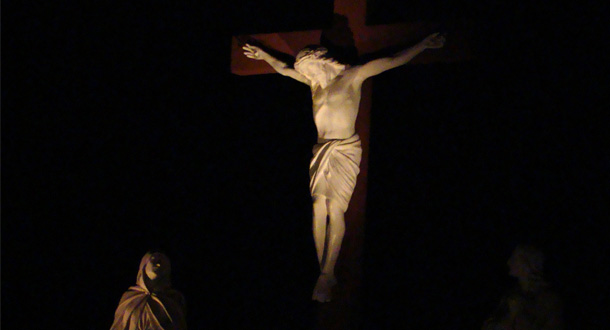 Scripture:
Scripture:
Ecclesiastes 3:1-11
Luke 9:18-22
Reflection:
In our first reading today from Ecclesiastes we hear:
‘There is an appointed time for everything,
And a time for every thing under the heavens.’
We live in a fast-paced society where life just keeps getting busier and busier and there never seems enough time for everything one wants to do or accomplish! We know in our heads that there will never be enough time because if we had more time we would just fill it up and want more and more……it’s like being on an out of control roller coaster!!
As parish ministers we invite people to take advantage of ways to nurture their faith and focus on God’s time and God’s plan for them. We offer scripture study, prayer days/nights, daily and weekend liturgies, formation opportunities, etc. Many set aside time for some of these activities and events. Others will never slow down, stop the clock, smell the flowers, rest in the Lord because they just ‘don’t have the time’ they say!
It’s been my experience over the years that life can be as busy as we allow it to be! Yes, we have to prioritize and really work at setting time aside as Jesus does in today’s gospel to pray in solitude. My new mantra has become ‘take time to BE’; smell the flowers, sit around the campfire, plan a ‘mental health’ day or vacation with friends and family. Now, there are times I do this very well and other times I fail miserably! I can tell you though, that the ‘BE’ times are becoming more frequent and help me cope with the busy times with renewed energy and purpose.
Today as I reflect on all the ‘times’ found in Ecclesiastes it seems good to just sit with the timeless message it has to offer and savor the gift of solitude and peace it brings. May the gift of time continue to enrich our bodies, mind and spirit so as to lead us in becoming the person God calls us to BE.
Theresa Secord is a Pastoral Associate at St. Agnes Parish, Louisville, Kentucky.

 Scripture:
Scripture: Scripture:
Scripture: Scripture:
Scripture: Scripture:
Scripture: Scripture:
Scripture:
 Memorial of Saint Andrew Taegon and Companions
Memorial of Saint Andrew Taegon and Companions